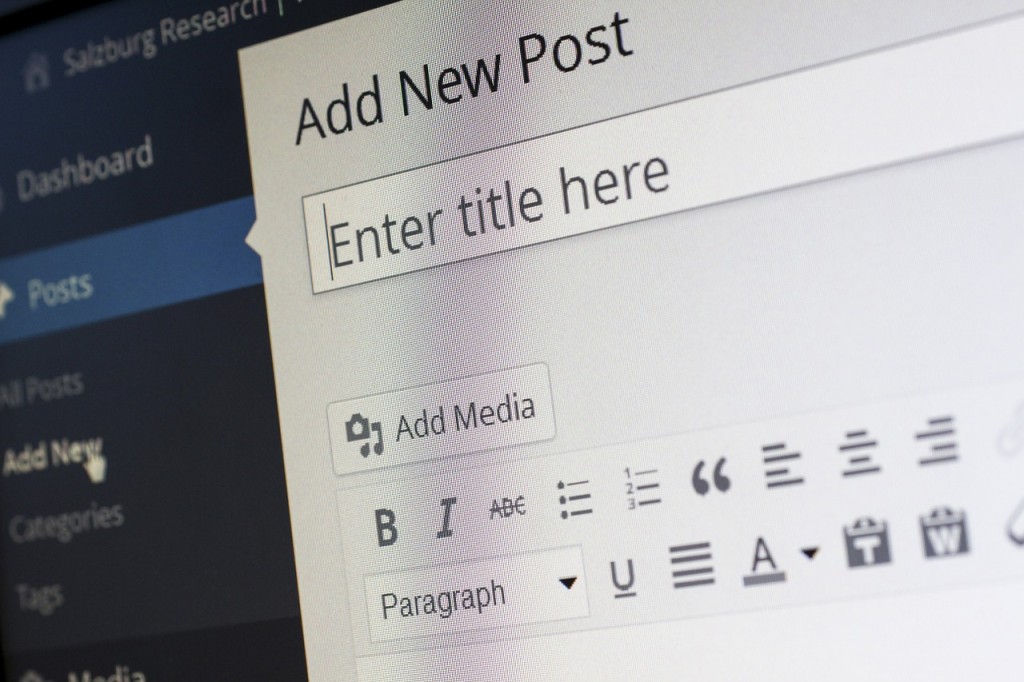The pros and cons of self-publishing
The increase in popularity of mobile reading devices and the ease of access to publishing tools and platforms has made self-publishing not only cheap and easy to do, but has enabled self-publishers to achieve standards that are comparable to those of an established publishing house.

So if you are thinking of publishing your own book and wondering whether you should bypass the publisher, here are a few things you might want to consider first.
To self publish?
The book you want
- Working with a publisher usually means producing the book they want based on their market research and their belief in their ability to make money from that book. This may mean that the book you want to produce isn’t really the one you wanted to produce. If you do it yourself you can create the book you want, so if you really feel you know better and you don’t want to compromise then this could be for you.
Shelf life
- Related to the point above, most publishers are looking for an ‘evergreen’ book that has a reasonably long shelf life and that will stay relevant and up-to-date for as long as possible without the need for rewrites and updates. If your book doesn’t fall into this category then perhaps you should think more about doing it yourself.
Royalties
- Royalties on the average teacher development book are about 10 – 15% compared to 70% on some virtual platforms like iBook Store, TeachersPayTeachers, TES Resources, etc so regardless of whether your book is a big hit or a small triumph you may make more by self-publishing.
Satisfaction
- There’s something really satisfying about being able to do everything yourself.
Lack of options
- Sometimes if what you are doing is controversial in any way a publisher just won’t touch your idea so doing it yourself may be the only option.
Ownership
- If you self-publish, your work will always stay under your own control. You can decide when to increase or lower the price, when to take it off the market and when you feel it’s ready for an update.
Or not to self publish?
Marketing your book
- Writing a great book is one thing but being able to sell it is another. Publishers are marketing machines with years of experience and expertise as well as a distribution network and dedicated expert staff. They may well be able to shift far more copies of your book than you ever will.
Deadlines
- Finishing a book to a high standard on your own without an imposed deadline takes a LOT of self-discipline. Many people don’t have that and never finish the books they start (I have a pile of unfinished manuscripts) so if you are driven by deadlines then it may be better to find a publisher.
Market research
- You may think your idea for a book is great, but a publisher may actually know better and it could be that however much you like your book, nobody else will. Of course, publishers can be wrong.
Skills range
- Producing your own book requires a lot of various skills. It’s not just about the writing, you may also need images, the ability to format the text well, layout the design and produce any additional media. Of course, you can subcontract these out, but that starts to cost a lot of money, so you have to either have deep pockets or a lot of confidence that you’ll be able to make the money back from sales.
Editorial eye
- Having a good editor to bounce ideas off of and to tell you when you are going wrong or right can be incredibly helpful and can help to keep you motivated. They can look at your work from a reader’s perspective and also spot inconsistencies and repetition in your work that might be hard to see yourself.
Leg work
- Not all the work that needs doing for your book is creative. Publishers have people dedicated to making sure you don’t end up in legal hot water either through the incorrect payment of taxes, copyright permissions on images or text or a wide range of other potential pitfalls. Do you really want to take care of all of those things yourself?
The bottom line
To summarize, if you want to self publish successfully you have to be far more than a good writer, you have to start thinking of yourself as a start-up publisher and learn a whole new bunch of skills. If that idea excites you and you are willing to put in the work, then it can be enormously rewarding on a personal level (though perhaps not financially), but if all you want to do is the writing, then it’s probably best so stick with a good publisher. Whichever you choose, good luck with your project.

